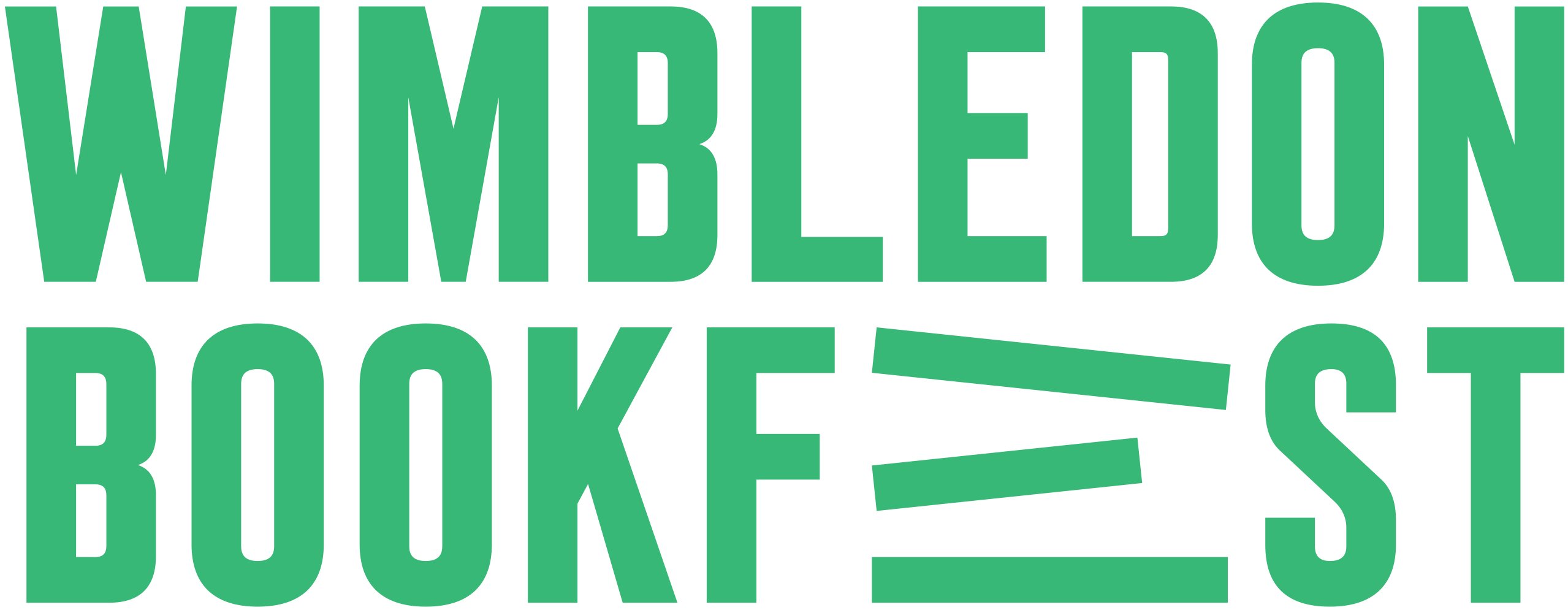


1: At Wimbledon BookFest you’re joining a panel discussing ‘Witch Lit’. For the uninitiated, can you explain what this is (and isn’t)?
What is isn’t is stories involving broomsticks or black cats, it’s a lot more grown-up and empowering than that.
A lot of literature given this title draws on history or injustices women have experienced in the past.
Often, the novel’s main protagonists are marginalised women facing prejudice from their own community or they can be the figurehead for a community facing danger or hardship.
In many cases, as a response to these challenges, female protagonists tap into a hidden power or strength, and spells and magic can be the source of that power.
Witch Lit can also be read as an understanding of the natural world and its powers, and how these powers can be chanelled usefully.
2: What can visitors expect from the ‘Reclaiming the Witch’ event?
A lively discussion, that’s for sure.
In Chikodili Emelumadu’s book Dazzling, spirits and spirit guides are characters in their own right.
And both Margaret Meyer and my own book are based on real historical events.
In Margaret’s book the The Witching Tide, her character Martha is a midwife and a healer, two roles often associated with the witching art, she also becomes a witness to a witch-hunt.
In my own book Sing Wild Bird, Sing, the main character Honora is the only survivor of a famine walk in Ireland. Her understanding of natural ways helps her survive, but causes suspicion and fear in those around her. She tries very hard not to be seen as someone who is otherworldly, but her ability to tap into this unseen world means many see her as being different.
Each book offers the story of a marginalised woman who is asked or challenged to draw on her own power. We often consider the term ‘witch’ to have negative connotations, and I think our discussion will consider how authors and women are revisiting that.
3: Do you consider Honora O’Donoghue to be a witch? What is good and bad about that for her story?
No, but I do consider her to be a powerful women who understands she has hidden strengths and talents that others may fear.
She knows nature, and can harness it when she needs to. She even uses some methods that might be considered to be ‘witchcraft’ when she reaches America. In Ireland, when an old woman who has ‘the sight’ says she sees something in her, Honora rejects that knowledge vehemently. However, the woman also offers Honora a sign to look out for, and when Honora ultimately understands its significance, the understanding maps her future.
4: When you were writing the book was there anything you did or read that helped you understand what Honora faced?
Yes, my novel is based on a real famine walk. In March 1849, almost 600 starving adults and children walked over 12 miles from Louisburgh to Doolough, in Mayo, in Ireland, in search of food and help. The weather was terrible, and when they arrived at the landlord’s house they were refused aid. On the long walk home, most perished. I did the same walk this year: I was well nourished and in sturdy boots and very warm clothes and it was exhausting. Only recently, a change in the weather saw Doolough’s water level drop and many of the skeletons of the famine victims were unearthed. It’s a stark memorial for stark times. I also read a lot of letters from Irish migrants who moved to America, and all of those stories are heartbreaking in their own way.
5: If Honora was alive today, how do you think her skills would be viewed by modern society? What gifts would she give to the modern world?
I think Honora would be admired for her understanding of the natural world. She’s a survivor. If you were stranded on a desert island you’d want her by your side. She’s resilient. Life throws a lot at her, and she adapts.
6: Powerful females in the form of fairies, banshees and sheela na gigs are a big part of Irish folklore, as are the powers of nature and the seasons. Are there any you remember from you own Irish roots?
Cutting a hawthorn branch and bringing it into the house was seen as something that could bring bad luck or illness to a home, and I have to say I am still wary of that tree and its blossom. I’m also polite to single magpies.
When I was a teen, before I went to the US to do my PhD in History, a friend and I went to see Helen Barrett, the White Witch of Cobh, near Cork to have our fortunes told.
And of course I love Hallowe’en, which originated in Ireland and takes its roots from the feast of Samhain.
7: Do you think women today are reclaiming the word ‘witch’?
You only have to search the ‘witch’ hashtag on TikTok to see that the answer is yes. Witch TikTok has nearly 2 billion views. But it’s not all about spells or paganism; often it’s about looking at what nature is telling us and how that knowledge can help us to help ourselves.
8: And finally, if you could wave a wand and attend any event at this year’s festival, what would it be?
I’m looking forward to hearing Anne Enright, the first Irish Laureate, talking about her new book The Wren, The Wren. I love her writing. Her talk is straight after mine!
Jacqueline O’Mahony, Chikodili Emelumadu and Margaret Meyer will discuss ‘Relclaiming the witch’ on Sun 15 Oct 2023, 4:30 pm. Click to book your tickets here



